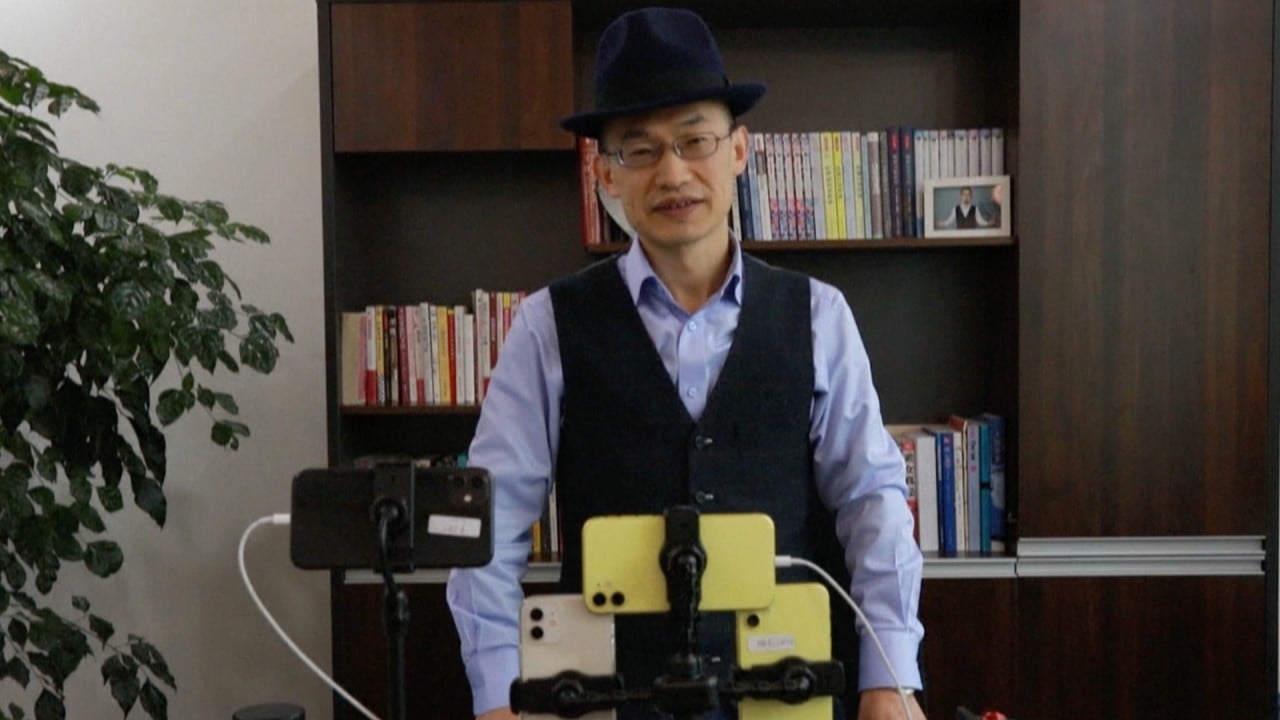
For women, China’s new divorce law is a step back for gender equality
- The new cooling-off period is designed to make couples think twice about divorce amid falling birth rates. However, it only makes it harder for housewives and abused women to leave their husbands
Chinese social media erupted recently over a Hunanese woman’s endless attempts to divorce her abusive, gambling-addicted husband since 2016. Four divorce petitions and two protective orders were not enough for Ning Shunhua to escape her violent husband.
Under the new law, couples filing for divorce are required to complete a 30-day cooling-off period. If one spouse decides to withdraw the divorce application during this period or does not turn up for the final approval, the other party has to either apply again or sue for a divorce, which can be costly. The law has faced tremendous public resistance.
While seemingly a legislative response to the legacy of the one-child policy, the new law rolls back gender equality in two significant ways.
First, it disadvantages the partner without an independent source of income, which tends to be the woman.
Yet, most divorce applications are filed by women, making up 73.4 per cent of first hearings in cases in 2016 and 2017, according to the Supreme People’s Court. For women in China, the cost of divorce has now risen in terms of time, energy and money.
Many are housewives who cannot financially support themselves during the cooling-off period. If their husbands retract their application or refuse to cooperate, these women are left in worse position because they would then need to hire a lawyer to sue for divorce.
There is also the additional cost of paying scalpers to secure a slot in the online reservation system – a new phenomenon in big cities such as Guangzhou, where scalpers abuse the divorce appointment system by taking up slots to resell. This is yet another financial cost for women who do not have an income.
Second, the cooling-off period makes it harder for victims of domestic violence to leave their partners, even though this clause is said to not apply in such cases.
What China’s horrific killing of a rural woman says about its domestic violence
In Ning’s case, her husband assaulted her right after their divorce case was heard for the fourth time in court. He was again arrested and she was again granted a protection order. Yet, still the court refused to grant a divorce, saying that it would affect “family stability and social harmony”.
In 2016 and 2017, nearly 15 per cent of divorce cases were triggered by domestic violence and 91.4 per cent of these were cases of violence against women, according to the Supreme People’s Court. The new divorce cooling-off period is only likely to lead to an increase in the instances and severity of domestic violence within marriages, with women being the targets of abuse.
The new divorce law is another example of the Chinese government’s intervention in family matters.
Whichever means the government uses to influence family structures, policymakers must carefully examine the gendered consequences of seemingly gender-neutral policies and find ways to reduce the impact of such laws on the vulnerable party in a relationship.
Without sufficient institutional support, the new divorce law is likely to become just one more reason for young Chinese couples to defer or avoid getting married and having a child.
Greta Lok Ping Lai is a researcher focusing on international migration, migrant integration and Chinese politics. She graduated from the London School of Economics with a master’s degree in international migration and public policy


